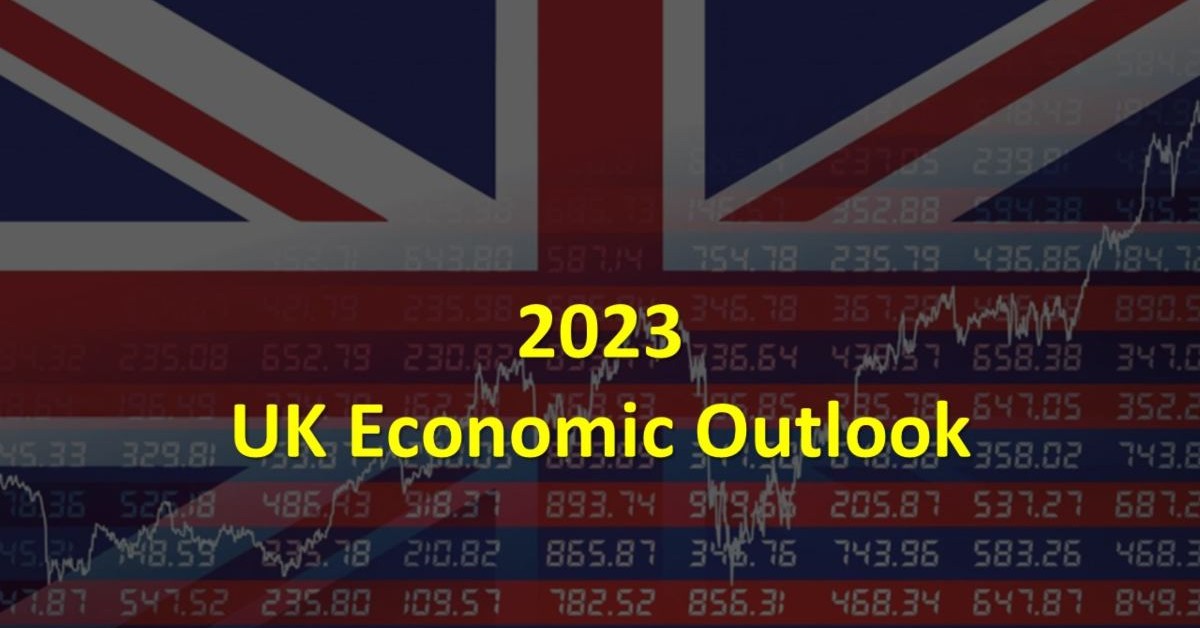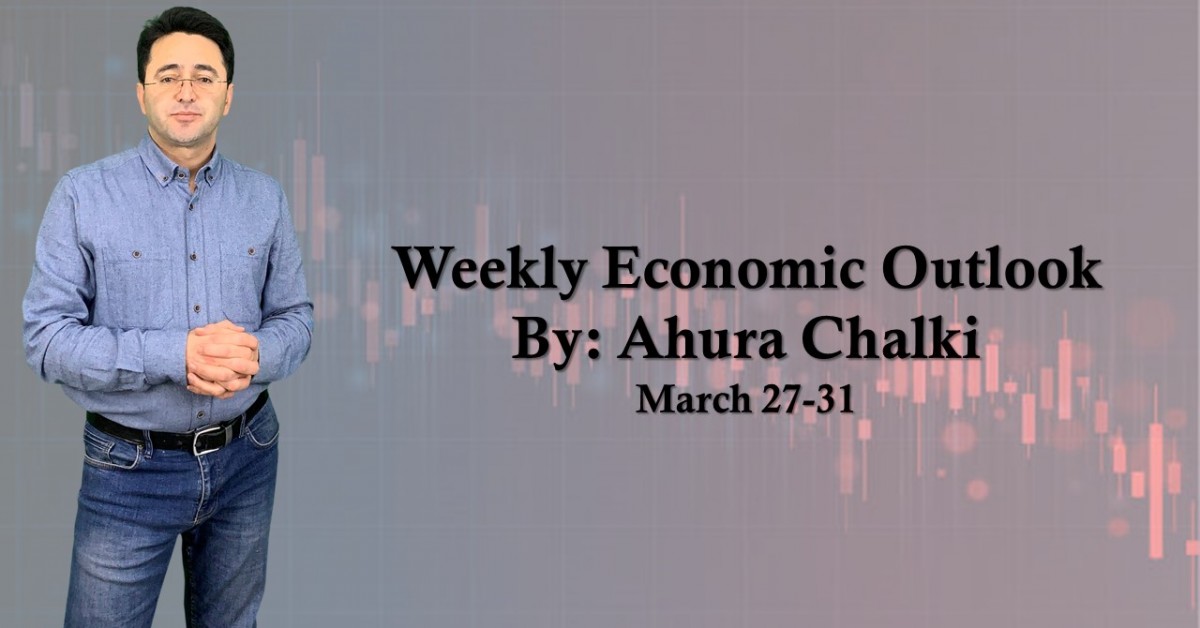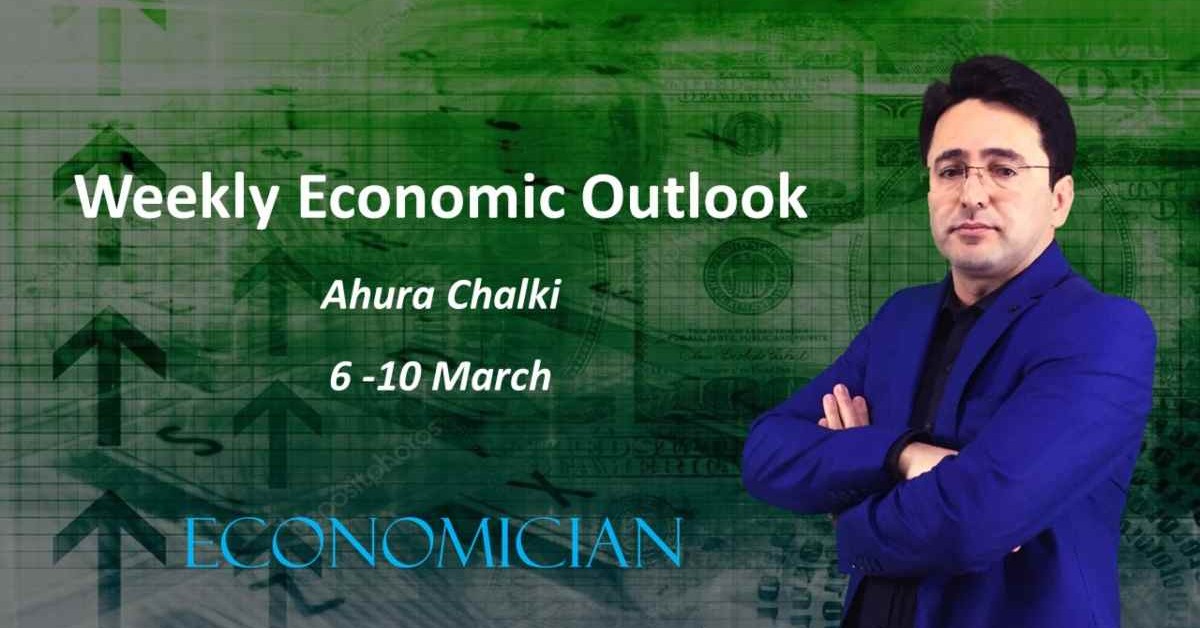With high inflation and a negative GDP outlook, can we expect stagflation in 2023?
While Boris Johnson`s admirable measures to overcome Corona caused the British economy to start recovering faster than other economies, 2022 brought many other shocks and challenges for the British. Inflation, BoE tightening policies, the war in Ukraine, Brexit aftershocks, and the tensions of 10 Downing Street all together made the UK economy suffer, which is expected to continue in the next four quarters.
After Q3 GDP contraction by -0.3%, we could expect another negative number for the last quarter. However, unexpected 0.1% growth in November can avoid the technical recession, but this does not mean escaping the recession in 2023 and avoiding a complicated outlook for this year. Inflation rose above 11% in 2022, and despite limited retreats in recent months, it is still high with a negative GDP outlook; we can expect stagflation sometime in 2023. Britain`s economy is on course to shrink by 0.4% this year, according to the Confederation of Business Industry (CBI) forecast. This expectation and forecast can hold back the investors from having meaningful actions this year, which is one of the reasons to expect a more extended-term recession. CBI expects the gross domestic product (GDP) to return to its pre-COVID level in mid-2024, and this puts the UK alongside Russia as the worst expected economy in Europe in 2023. However, there are some ideas to avoid it, but it also depends on the level of political stability and policy makers` decisions.
Chancellor of the Exchequer in the UK is a significant job, and how they do the job can directly affect the whole UK economy. After the pressures that led to Johnson`s resignation, tensions in Downing Street intensified. Finally, when Rishi Sunak became a UK PM and nominated Jeremy Hunt as a finance minister, things turned into routine. John Glen was appointed as a Chief Secretary to the Treasury on October 25, 2022, along with the government`s economic and finance ministry, maintaining control over public spending and setting the direction of the UK`s economic policy. Recently, changes that we saw in UK fiscal and monetary policies were also confirmed by IMF. IMF managing director Kristalina Georgieva welcomed in November the fiscal plans set out by finance minister Jeremy Hunt, while the economic goals of his predecessor, Kwasi Kwarteng, had caused many concerns inside and outside of the UK. However, IMF still believes that "The outlook for the UK economy is sobering for 2023, the output is expected to contract and inflation to remain elevated."
On top of the other mentioned challenges, it is worth remembering that BoE's hawkish policies' results are still there to affect the economy. Also, corporation tax is supposed to rise by 25%. At the same time, tax reduction on new investments also expires, so it would only be easy to convince investors to bet on something uncertain if the government can find a way with enough guarantee and insurance.
The increased cost of borrowing will likely exert further downward pressure on economic activities, and production is projected to fall by 2% by 2023, below the pre-pandemic trend at the end of 2024. However, acceptable progress of the service sector with a weaker Pound can help export growth and soften the destructive effects of the recession. UK exports are forecast to grow by 4.6% in 2023, and while domestic demand can get slower, the trade balance can increase in favor of UK stock markets and the Pound at the end of the year or beginning of 2024.
We can expect a better labor market with only a more robust economic outlook. The unemployment rate is expected to rise further towards 4.5%-5.0% in the year's first half before recovering slowly in the second half. UK unemployment rate at the end of 2022 stands at 3.70%.
According to the British economic trend forecast, the sterling can still suffer, and it could last for the first three quarters, but we can expect a recovery in the last quarter of 2023 and the first quarter of 2024.


















